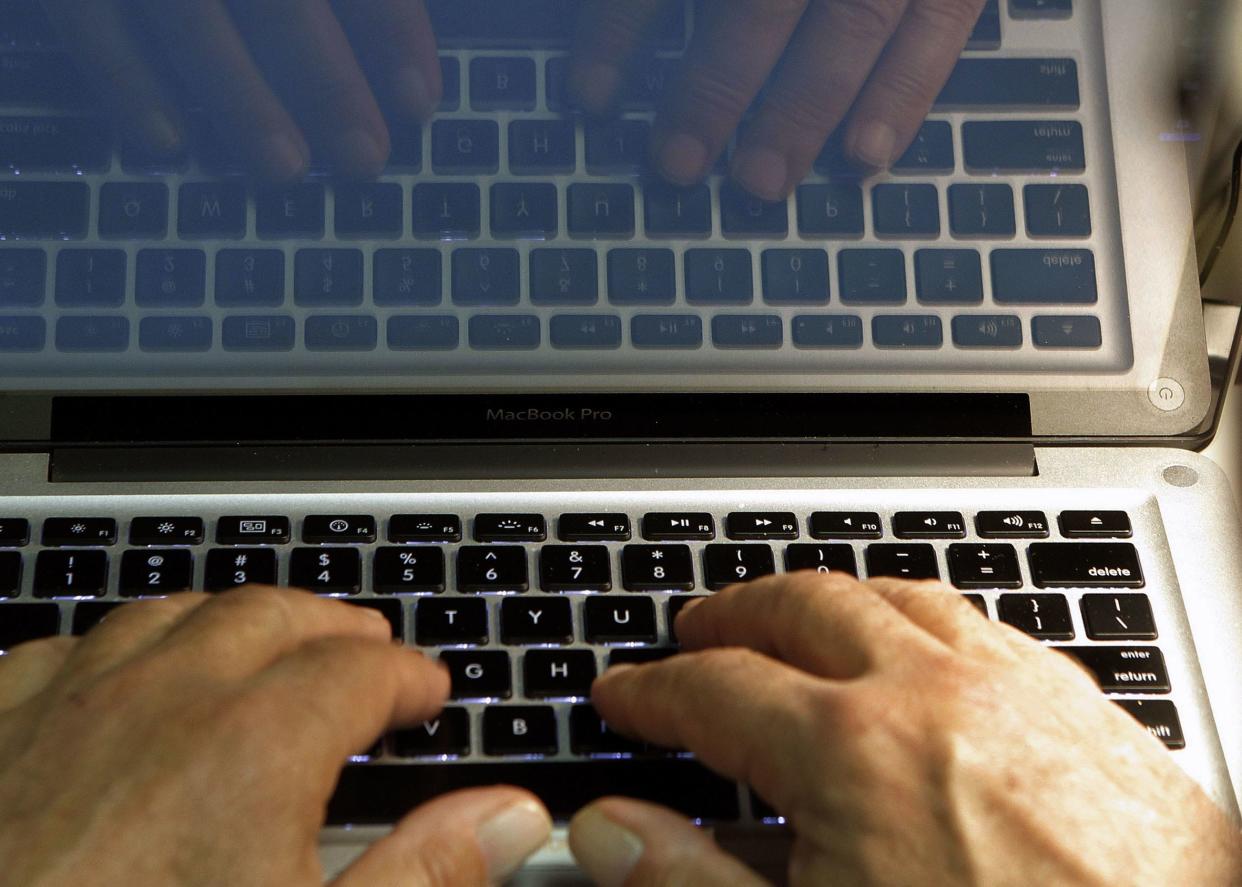Inbox overload? You are not alone. This is how many hours a week we spend on work emails
Does it feel like your work day is spent drowning in emails?
Probably because it largely is.
A recent report from Microsoft found the average employee who uses Microsoft apps spends more than half of their time ‒ 57% ‒ in meetings, email and chat compared to 43% creating documents, spreadsheets and presentations.
For the top 25% of users, that equates to nearly 9 hours a week on email and 7.5 hours a week in meetings.
Staying on top of meetings and email notifications has its downsides. The report found nearly 2 in 3 people say they struggle with having the time and energy to do their job, and 68% say they don’t have enough uninterrupted focus time during the day.
“It's easier than ever to communicate, but harder than ever to keep up,” said Colette Stallbaumer, general manager of Microsoft 365 and Future of Work. “The pace and acceleration of work has just continued to increase.”
Microsoft’s report, released Tuesday, was based on a survey of 31,000 people across 31 countries conducted earlier this year.

What Microsoft's report found
Time spent in meetings has been steadily increasing over the past few years, with Microsoft reporting that people are in three times more Teams meetings and calls per week now compared to February 2020. Despite the uptick, the report found only 1 in 3 people think they would be missed in the majority of their meetings.
Company leaders have started to notice the side effects, with 60% saying they are concerned over a lack of innovation on their teams.
“Technology has expanded the options for communicating, making it more impersonal and accelerating the expectations others have for fast responses,” said Cindy Muir, professor of management and organization at the University of Notre Dame. “All of this can increase our workload and lead to burnout.”
Could this meeting have been an email? Employees are over meetings. Now companies are too
Tips for employees drowning in emails
So what can employees to do better manage their work schedule?
Bill Becker, an associate professor of management at Virginia Tech’s Pamplin College of Business who has researched stress associated with emails, suggests turning off notifications at certain times – especially after hours. But he acknowledges that company culture can make this difficult.
“Research suggests that email is kind of misused, overused,” he said. “It cuts into people's productivity time at work and also cuts into their personal space.”
Avoid 'quick' emails
Muir said employees should spend more time on their initial email by adding specific questions or bold key points, which can save them time in the long run and help them avoid “the dreaded ad hoc back-and-forth emails.”
“Sending a ‘quick' email gets it off your plate, for now. But then it comes back, and you have to think about it again,” Muir said in an email.
Talk to your boss
Becker said the “No. 1” thing employees can do is talk with their supervisor if they’re starting to feel overwhelmed by meetings and email to figure out a solution.
“I think a lot of times leaders are just oblivious to what the effects are,” he said.
What can managers do?
Company leaders can also take action to help employees better manage their work schedules. Becker suggests keeping meetings short and focused, and Stallbaumer says managers should schedule conversations to start five minutes after the hour to make sure employees get a break if they have back-to-back meetings.
Dig deeper:
Could this meeting have been an email?Employees are over meetings. Now companies are too
Google says Gmailis getting blue checkmarks to improve email security
How diverse is corporate America?There are more Black leaders but white men still run it
How do I promote behavior and standardsin a remote work environment? Ask HR
This article originally appeared on USA TODAY: Inbox full? Quick tips on how to survive email overload at work
